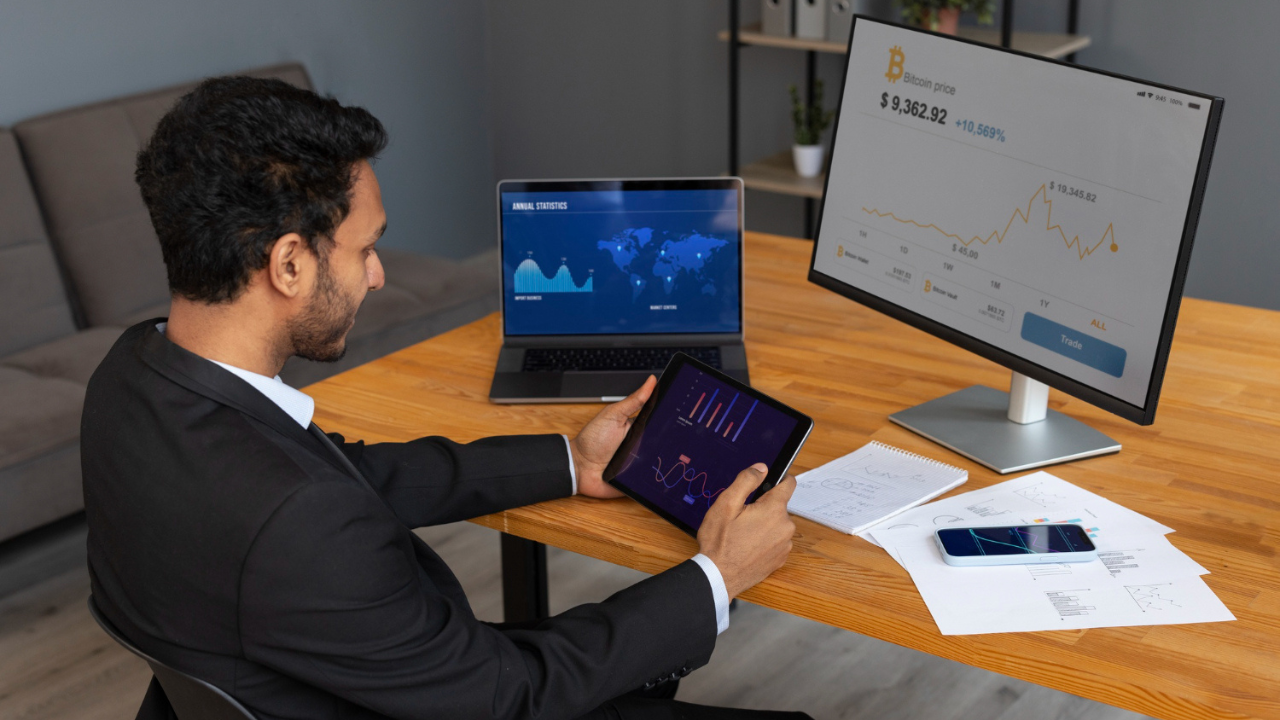
Post by : Naveen Mittal
In a significant move that reflects the continued investor appetite in the Gulf, du shareholder Mamoura sells 7.55% stake in the telecommunications company for a staggering $858 million. The transaction, conducted through a secondary share sale, highlights the increasing trend of government-backed entities unlocking value in public markets. It also signals how regional telecom operators like du are positioned at the heart of investor attention.
This article dives deep into the details of the sale, its implications for the telecom sector, the broader Gulf investment climate, and how similar moves by state-backed entities are shaping the region’s capital markets. Whether you’re an investor, industry expert, or simply curious about global financial trends, this comprehensive guide explains why the sale of du shares is a landmark event in 2024.
The du shareholder Mamoura sells 7.55% stake transaction was announced in a regulatory filing on Monday by the UAE telecom company du. The sale was executed by Mamoura Diversified Global Holding, a subsidiary of Abu Dhabi’s Mubadala Investment Company, which offloaded 342 million shares at 9.20 dirhams per share. This price sits at the midpoint of the previously marketed range of 9.00 to 9.90 dirhams.
The total value of the transaction amounted to 3.15 billion dirhams, equivalent to about $858 million, marking one of the region’s largest secondary offerings this year.
Mamoura’s divestment accounted for nearly three-quarters of its total holding in du, signaling a strategic move to rebalance its portfolio while capitalizing on investor enthusiasm surrounding telecom assets.
The telecom sector has been a favored destination for investors seeking stable, long-term growth. With expanding 5G deployments, data-driven services, and cloud infrastructure, telecom companies like du are attractive for their recurring revenue streams and technological relevance.
By selling a portion of its stake, Mamoura unlocked substantial capital while still maintaining a presence in the company. This approach allows government-backed investors to fund other strategic projects without losing their foothold in essential sectors.
The Gulf region has witnessed a surge in investor interest for both initial public offerings (IPOs) and follow-on or secondary offerings. Governments and state-backed institutions are increasingly leveraging public markets to raise funds, especially after the strong performance of earlier IPOs.
The du shareholder Mamoura sells 7.55% stake event came on the heels of other high-profile sales, such as:
Saudi Aramco’s $11 billion stake sale earlier this year, where a 0.64% stake was divested.
ADNOC Gas’s $2.84 billion sale of shares in its energy operations.
ADNOC Logistics & Services’ $317 million sale targeting investor interest in infrastructure.
These transactions showcase a deliberate effort by Gulf sovereign wealth funds and state entities to mobilize capital and enhance liquidity in regional markets.
For Mamoura, part of Mubadala, the sale aligns with its broader investment philosophy of diversifying holdings and rebalancing portfolios while still tapping into sectors that are strategic for national interests.
By reducing exposure to du, Mamoura frees up resources that can be allocated to emerging sectors such as renewable energy, artificial intelligence, and next-generation infrastructure projects.
The fact that such a large stake was successfully sold at a favorable price reflects robust investor confidence in du’s prospects. Telecom companies are seen as critical to national development, particularly in facilitating digital economies and technological transformation.
The successful offering opens doors for du to further engage with institutional investors, retail shareholders, and global capital providers. This could aid expansion efforts, infrastructure upgrades, and service innovations.
A secondary offering, when well executed, can help smooth volatility. The planned nature of the sale, combined with investor enthusiasm, reinforces du’s position as a resilient telecom provider in a region known for fluctuating oil revenues and economic diversification efforts.
Investor interest in the Gulf has been buoyed by economic reforms, infrastructure development, and technological investments. The energy transition, alongside increasing tourism and financial services growth, has broadened the region’s appeal.
Funds such as Mubadala, ADIA (Abu Dhabi Investment Authority), and PIF (Public Investment Fund of Saudi Arabia) are actively diversifying portfolios by increasing allocations to technology, telecom, healthcare, and green energy sectors.
The UAE and Saudi Arabia have progressively opened their markets to foreign investors, simplified licensing procedures, and created attractive tax frameworks, thereby encouraging both local and global investment flows.
While the du shareholder Mamoura sells 7.55% stake transaction reflects positive investor sentiment, it’s important to consider risks:
Geopolitical Tensions – Regional conflicts or diplomatic disputes can affect market confidence and valuations.
Technological Disruption – Telecom companies face competition from global players and emerging technologies like satellite internet services.
Economic Cycles – Oil price fluctuations and global economic slowdowns can affect investor sentiment, particularly in energy-dependent regions.
Regulatory Changes – Government policies on foreign ownership, data privacy, and telecommunications can shift investor dynamics.
The transaction represents a broader shift toward capital market-driven growth strategies. Telecom firms are now positioned not just as infrastructure providers but as innovation platforms supporting smart cities, IoT (Internet of Things), and digital finance ecosystems.
With the du shareholder Mamoura sells 7.55% stake development, other telecom operators in the region may follow suit, exploring IPOs, bonds, and hybrid financial instruments to expand operations.
The announcement that du shareholder Mamoura sells 7.55% stake for $858 million is more than just a financial transaction—it’s a signal of the Gulf’s evolving investment landscape. With telecom at the center of digital transformation and infrastructure expansion, this move reflects strategic capital allocation, investor confidence, and broader economic reforms.
As the Gulf region continues to position itself as a global investment hub, similar transactions are expected to shape market dynamics in the years ahead. For stakeholders—from investors to policymakers—understanding these developments is essential to navigating the future of energy, technology, and finance.
#duTelecom #Mamoura #UAEInvestments #GulfIPO #SecondaryOfferings #TelecomNews #InvestmentTrends #Mubadala #Aramco #ADNOC
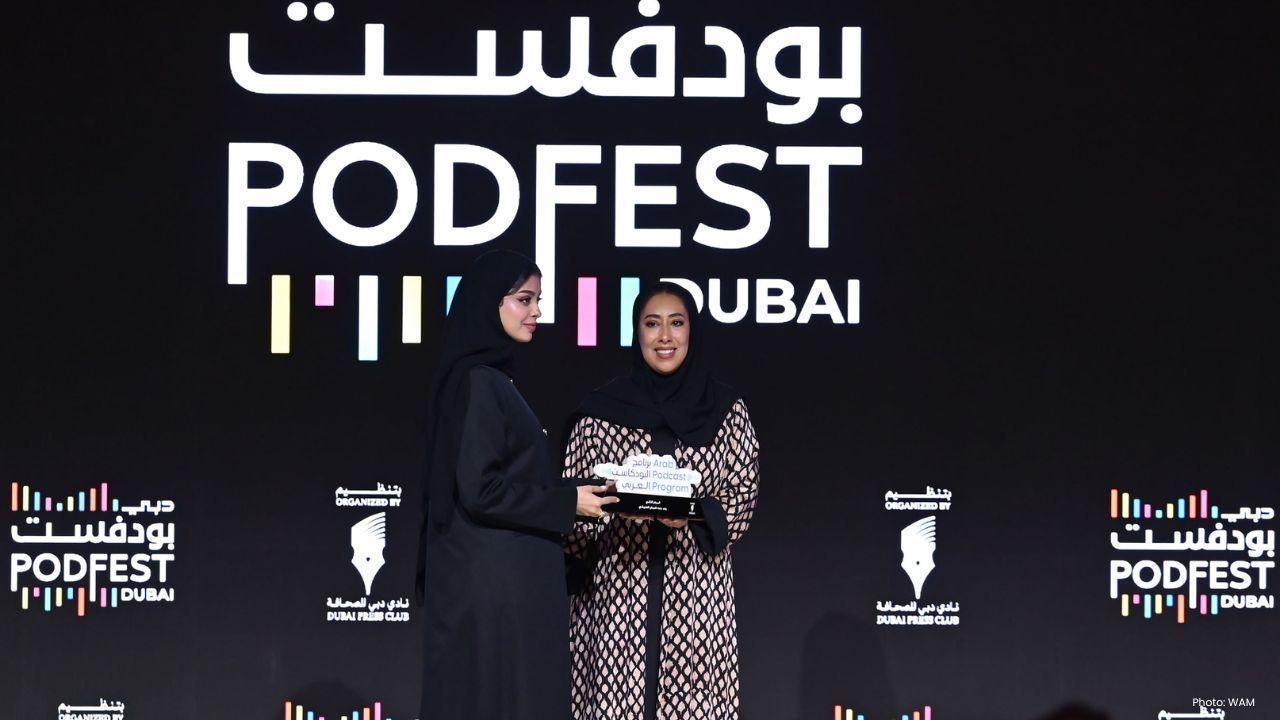

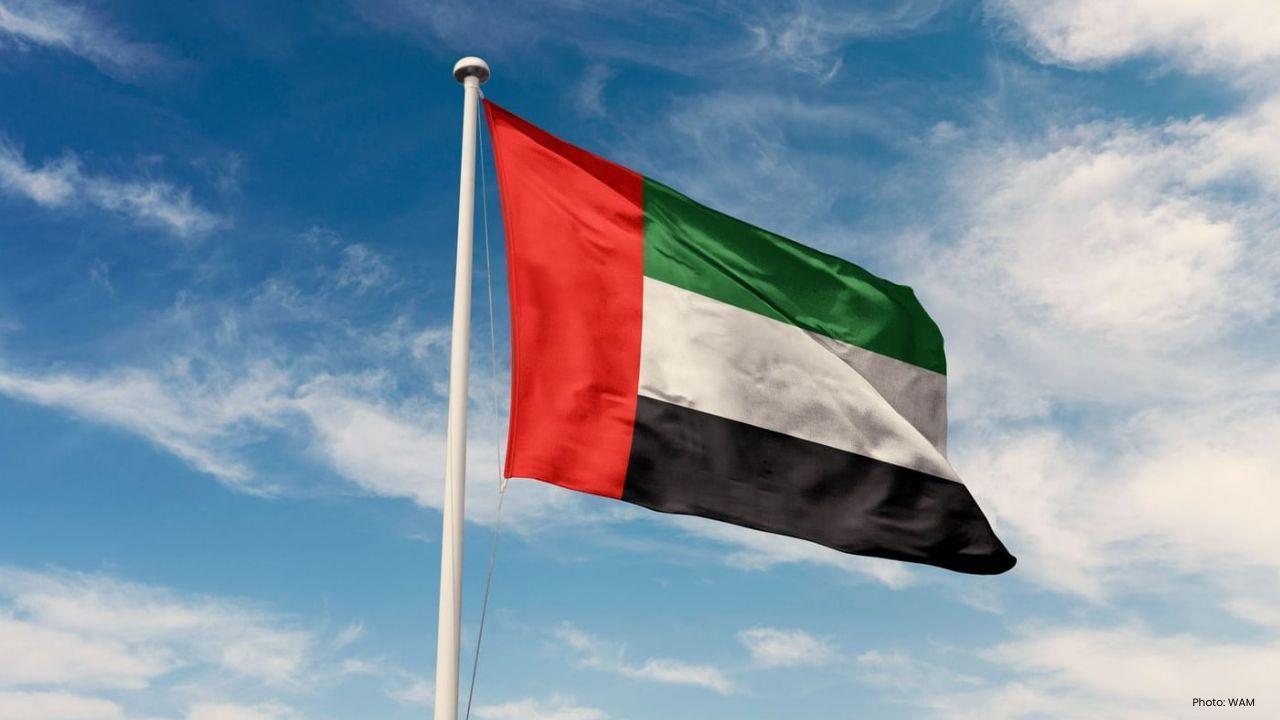
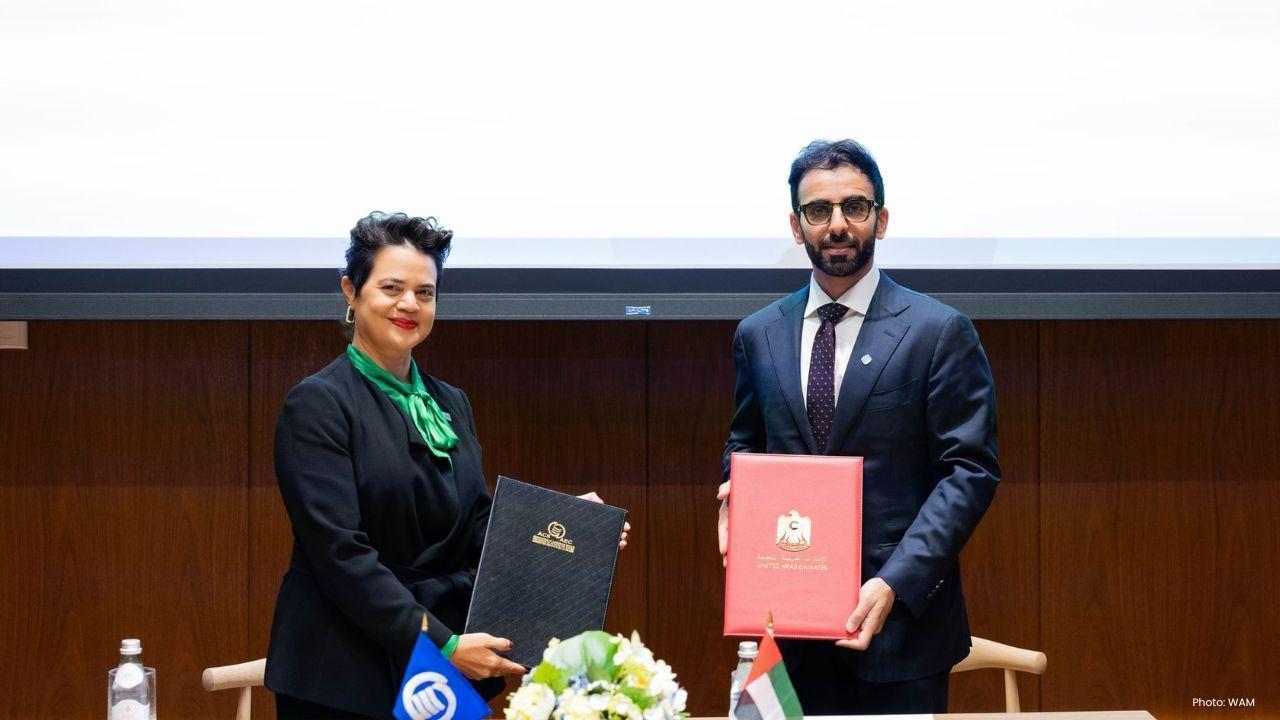
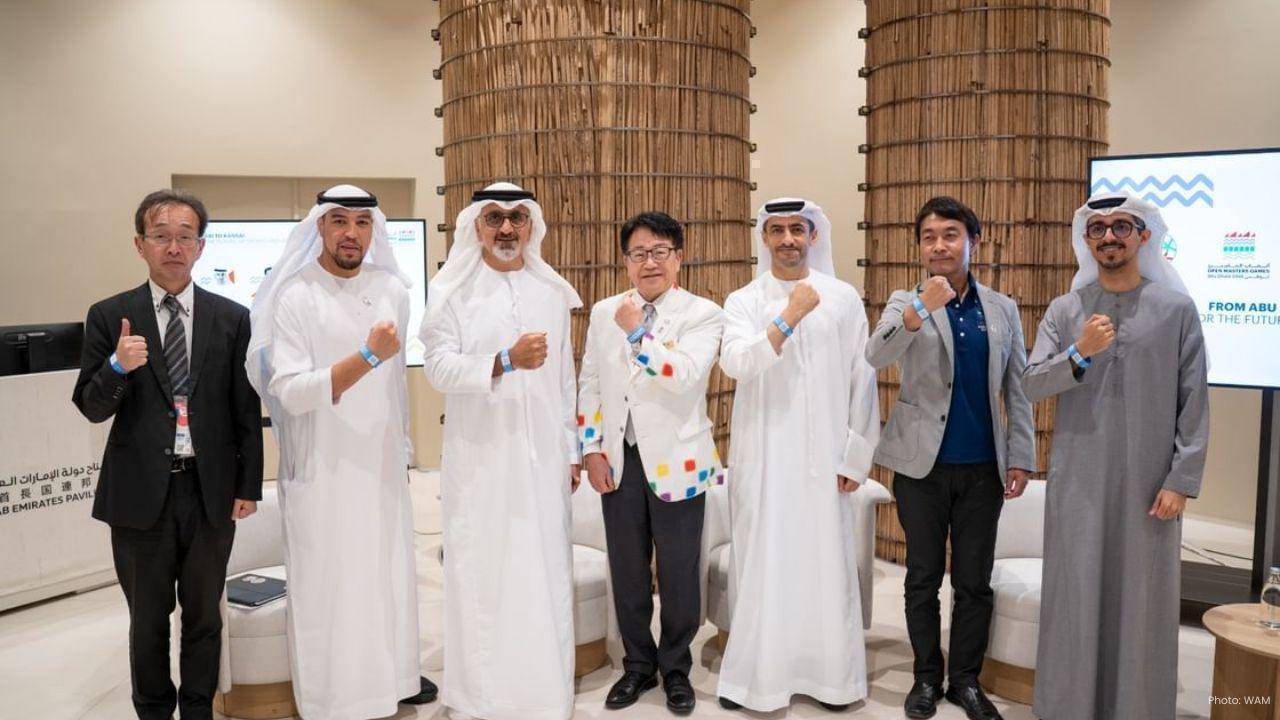

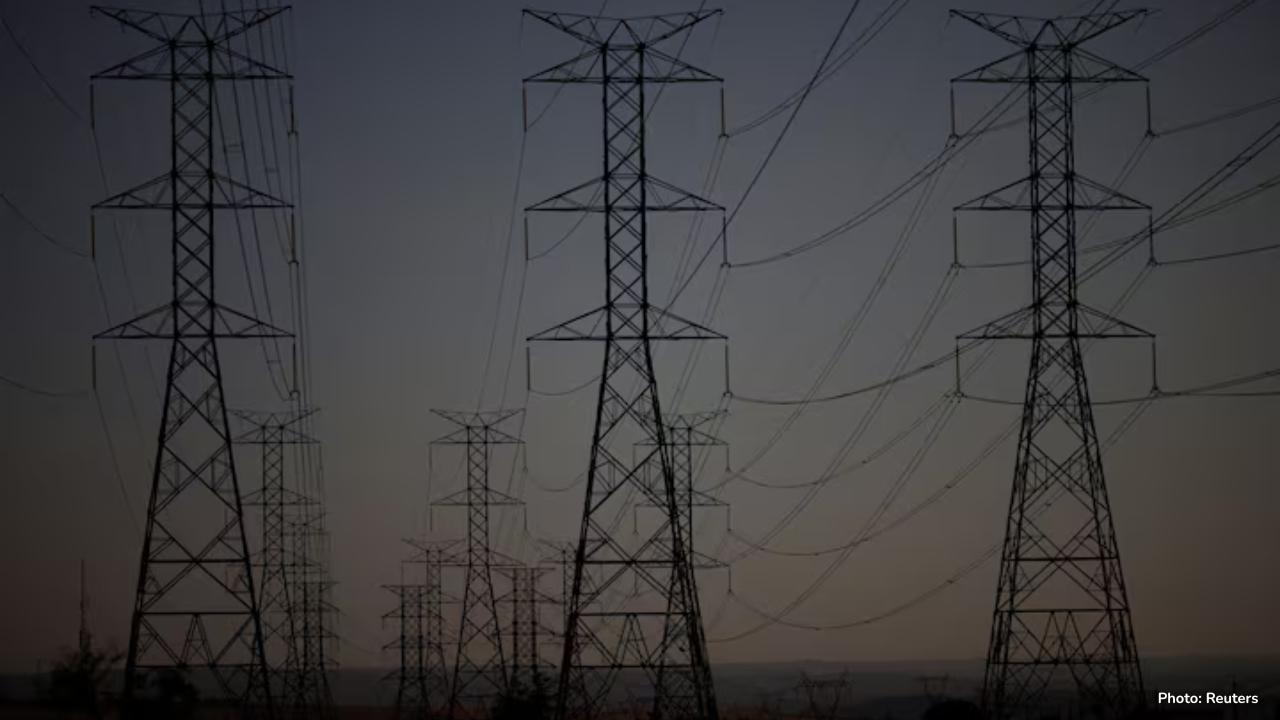
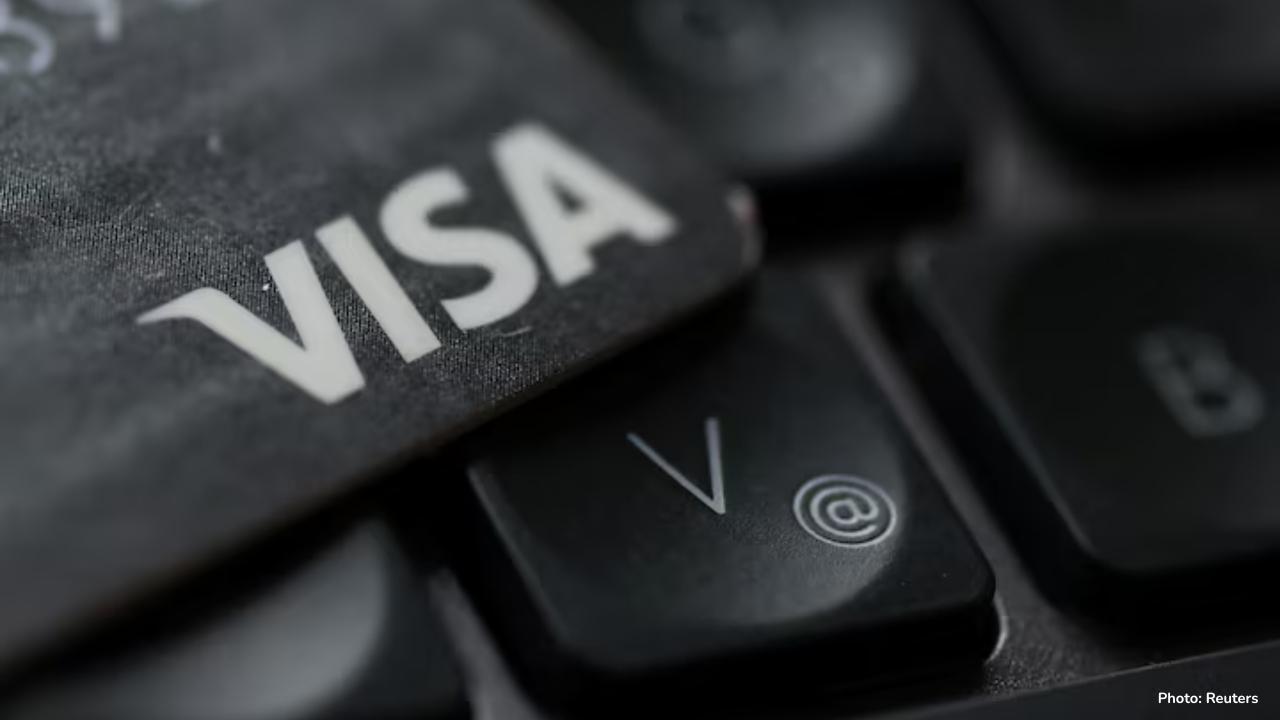
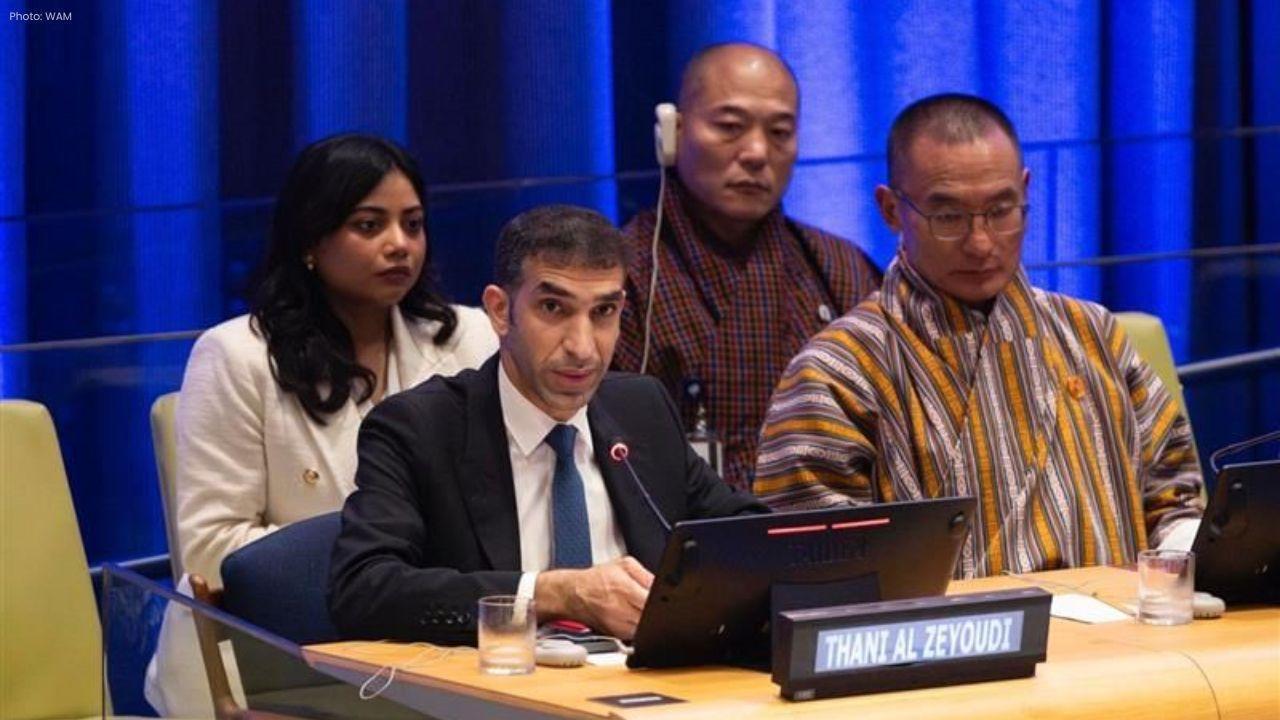

OpenAI's Revenue Soars to $4.3 Billion in First Half of 2025
OpenAI's revenue reaches $4.3 billion in the first half of 2025, marking a 16% increase from the pre

UAE Leaders Send Condolences to Saudi King Over Princess Abta's Death
UAE rulers and crown princes sent heartfelt messages to King Salman, mourning the passing of Princes

Brazil's Surplus Clean Energy Attracts Crypto Miners
Brazil's excess renewable energy is luring cryptocurrency miners. Companies like Tether and Renova E

Visa Tests Stablecoins to Make Global Payments Faster
Visa is testing stablecoins for international payments, aiming to speed up transactions and reduce t

Opera Unveils Neon AI Browser for Smarter Web Browsing
Opera introduces Neon, an AI-powered browser that automates tasks and enhances privacy, aiming to re

Albanese Visits Sheikh Zayed Grand Mosque in Abu Dhabi
Australian PM Albanese tours Sheikh Zayed Grand Mosque, highlighting peace, tolerance, and cultural